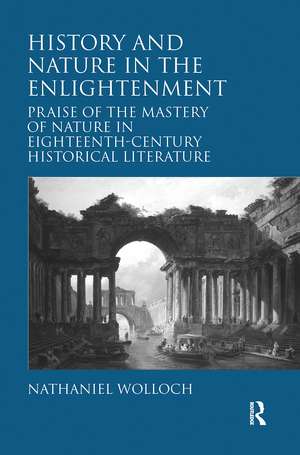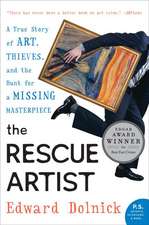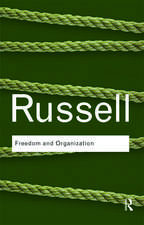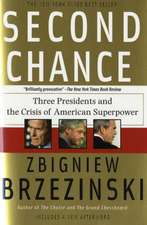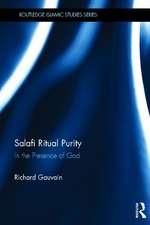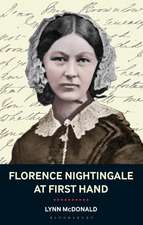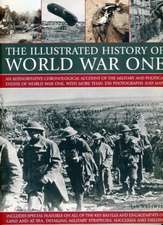History and Nature in the Enlightenment: Praise of the Mastery of Nature in Eighteenth-Century Historical Literature
Autor Nathaniel Wollochen Limba Engleză Hardback – 28 apr 2011
| Toate formatele și edițiile | Preț | Express |
|---|---|---|
| Paperback (1) | 262.35 lei 6-8 săpt. | |
| Taylor & Francis – 14 oct 2024 | 262.35 lei 6-8 săpt. | |
| Hardback (1) | 1114.70 lei 6-8 săpt. | |
| Taylor & Francis – 28 apr 2011 | 1114.70 lei 6-8 săpt. |
Preț: 1114.70 lei
Preț vechi: 1359.39 lei
-18% Nou
Puncte Express: 1672
Preț estimativ în valută:
213.33€ • 221.89$ • 176.11£
213.33€ • 221.89$ • 176.11£
Carte tipărită la comandă
Livrare economică 14-28 aprilie
Preluare comenzi: 021 569.72.76
Specificații
ISBN-13: 9781409421146
ISBN-10: 1409421147
Pagini: 308
Dimensiuni: 156 x 234 x 19 mm
Greutate: 0.61 kg
Ediția:1
Editura: Taylor & Francis
Colecția Routledge
Locul publicării:Oxford, United Kingdom
ISBN-10: 1409421147
Pagini: 308
Dimensiuni: 156 x 234 x 19 mm
Greutate: 0.61 kg
Ediția:1
Editura: Taylor & Francis
Colecția Routledge
Locul publicării:Oxford, United Kingdom
Public țintă
AcademicNotă biografică
Nathaniel Wolloch is an Independent Scholar from Israel, specializing in European intellectual history. He is the author of Subjugated Animals: Animals and Anthropocentrism in Early Modern European Culture (2006), and History and Nature in the Enlightenment: Praise of the Mastery of Nature in Eighteenth-Century Historical Literature (2011).
Cuprins
Preface; List of Abbreviations; Chapter 1 Cosmology; Chapter 2 Cultivation; Chapter 3 Rudeness; Chapter 4 Barbarism Civilized;
Recenzii
'With exceptional command of the key texts, the author adds a significant dimension to our understanding of the Enlightenment. By focussing in an illuminating way on the Enlightenment's belief in the need for humanity's mastery of Nature, this is a work that adds historical depth and resonance to many of our present concerns.' John Gascoigne,University of New South Wales, Australia 'Wolloch's account is readable and stimulating... [and] make[s] an excellent historiographical counterpart to other works addressing the Enlightenment outlook...' H-Albion '... Wolloch has written a useful, well-documented study of an important idea - one that is likely to lead to further development as environmental issues continue to gain prominence in eighteenth-century studies.' Eighteenth-Century Scotland 'The strengths of the book include valuable discussions of several lesser-known writers whom Gibbon read, such as Robert Henry, John Pinkerton, William Robertson, and the abbé Raynal. Some very well known authors also appear in a new light, including Adam Smith, David Hume, and Jean-Jacques Rousseau. The book is well documented in the secondary sources concerning all of these writers.' American Historical Review 'Although he makes clear his thinkers’ Eurocentric biases, Wolloch’s painstaking and morally-serious echoing of their search for a positive narrative convinces us that they still have much to teach our more sceptical age about the possibilities of progress.' Enlightenment and Dissent
Descriere
The mastery of nature was viewed by eighteenth-century historians as an important measure of the progress of civilization. This book discusses this topic in connection with the mainstream religious, political, and philosophical elements of Enlightenment culture. It considers works by figures that include Edward Gibbon, Voltaire, Herder, Vico, Raynal, Hume, Adam Smith and William Robertson. It also discusses many classical, medieval, and early modern sources which influenced Enlightenment historiography, as well as eighteenth-century attitudes toward nature.
